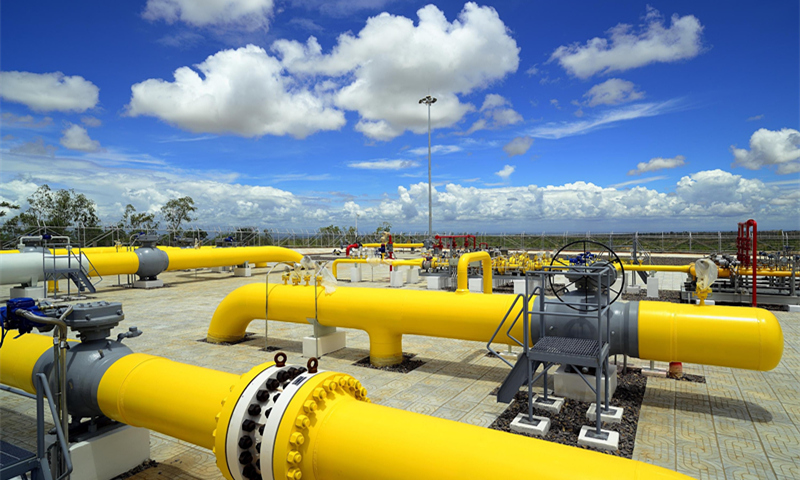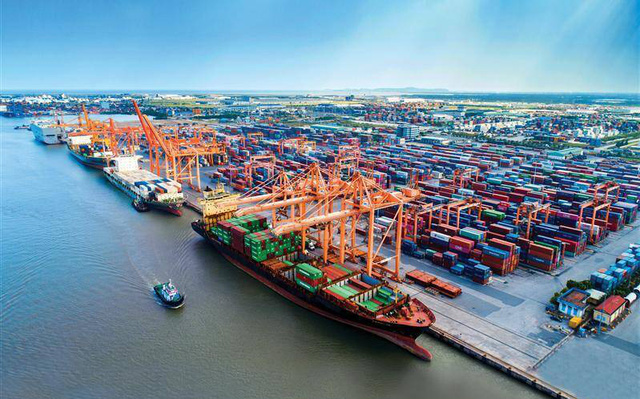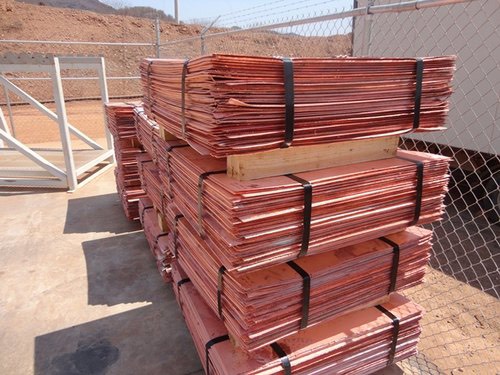According to the Financial Times, in the past 2 years, the crude oil market has fluctuated wildly, sometimes falling to negative levels due to the impact of the COVID-19 epidemic, but sometimes trading as high as 139. USD/barrel.
In the period of 2020 – 2022, investors have not seen such a large volatility since the 2008 financial crisis. At that time, the price of oil plummeted from 150 USD/barrel to less than 40 USD/barrel. barrels due to the fear of a global recession causing oil demand to drop.
At the moment, market volatility is affected by many factors: COVID-19 epidemic, energy shift, lack of investment in new projects, OPEC’s extraction policy; and above all the uncertainty surrounding the Russia-Ukraine tension.
In early 2020, when many countries around the world began to blockade to combat the COVID-19 epidemic, travel activities were restricted and factories had to close; As a result, oil companies suffered heavy losses and were forced to reduce output.
Meanwhile, Russia decided to pump more oil to put pressure on shale drillers to reduce prices further, the loss per barrel of oil has since widened.
Saudi Arabia has responded to Russia by raising output to an unprecedented high of 12 million barrels per day and cutting prices by $8 per barrel to expand its market share.
The market situation could not be worse when countries race to increase production, while the world is still in lockdown, oil demand is low.
In the end, the administration of former US president Donald Trump successfully persuaded Saudi Arabia to reduce production in order to stabilize prices. OPEC agreed to reduce production by 9.7 million barrels per day.
However, before the decision to reduce output took effect, the oil storages of other countries were also full, especially the giant Cushing oil warehouse, Oklahoma (USA) also had no room to import more goods. That was also when the oil industry “catastrophe” hit when the price of WTI oil fell to negative levels for the first time in history, traders had to pay more for buyers to take away the oil.

Diễn biến giá dầu thô trong 2 năm qua (Nguồn: Financial Times)
Complexity in energy transfer
However, geopolitical uncertainties are not the only reason for recent oil market volatility. What happened during the COVID-19 pandemic has pushed companies to quickly implement the energy transition as the US shale oil industry recorded a loss of up to $ 300 billion, speculators flocked. sell-off stocks of Big Oil group (big oil companies).
After a billion-dollar drop in value, BP said it would reevaluate its mining plans and said the cuts “will help us increase our competitiveness in the energy transition landscape”. Shell said it would “make adjustments to ensure resilience is maintained”.
As large companies refrain from investing in new oilfield projects, the world has become increasingly dependent on state-owned oil companies.
Can domestic oil companies meet the demand?
After the blockade order was lifted at the end of 2020, oil demand began to gradually increase, but OPEC and its allies (OPEC +) only increased a very small amount of supply for the reason that the epidemic could cause serious problems. the global economy stagnated. In addition, some members, such as Nigeria and Angola, fell short of their relatively modest production targets.
Oil prices skyrocketed
Crude oil prices rebounded after the Russia-Ukraine tensions erupted in February. European countries debated a lot about whether to impose sanctions on Russian energy products or not. However, in May, the EU countries agreed to ban the import of Russian seaborne oil until the end of 2022. Taking this opportunity, the EU emphasized the importance of the transition to green energy and committed to spending 195 billion euros on this transition.
A turbulent future
The scale of the energy transition and geopolitical instability are expected to affect the oil market in the future.
ExxonMobil CEO Darren Woods predicts there will be more investments in oil and gas exploration, but he himself admits that the company is struggling to raise capital, especially when the market is still potential. hidden risks.
Meanwhile, Shell chief executive Ben van Beurden said he would not change his decision to invest in new projects that he announced earlier. However, he also noted that the commodity market shock caused by the Russia-Ukraine tensions has caused governments to deal with different problems in the global energy system.
T&G Import-Export Joint Stock Company
Address: 352 Hue Street, Le Dai Hanh Ward, Hai Ba Trung District, Hanoi
Hotline: 02473010868
Email: hrm@tginterjsc.com
Website: http://tgimportexport.com



















